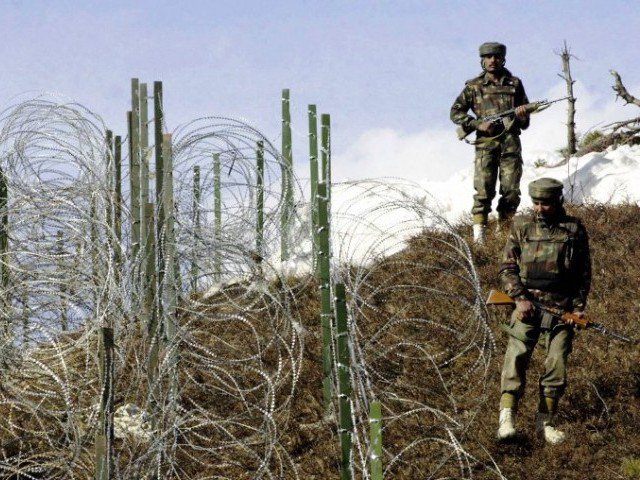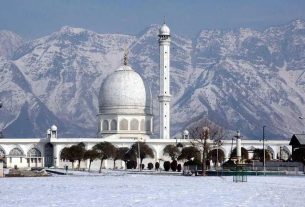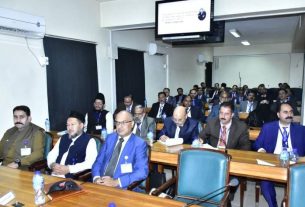WASHINGTON: The US intelligence community, in its annual threat assessment, has warned that heightened tensions between India and Pakistan could lead to a direct conflict between two nuclear-armed nations, with the disputed valley of Kashmir listed as a potential ‘flashpoint’.
The 40-page intelligence report, presented to Congress this week, was also discussed at a US State Department news briefing, where an Indian journalist asked if the US had raised this issue at last week’s counterterrorism conference in Islamabad.
Instead of revealing the contents of the counterterrorism meeting, Spokesperson Ned Price defended Washington’s decision to stay engaged with Islamabad on this and other issues. “The goal of a stable and secure South and Central Asia, free from terrorism, depends on the strength of, in large part, our partnership with Pakistan,” he said.
The State Department’s response and the US threat assessment reflect Washington’s new approach to the South Asian region. As the intelligence report shows, the US continues to see China as a major threat to its global interests and wants to keep India on its side in this conflict.
But instead of focusing entirely on India, the new approach also recognises Pakistan as a key regional player and signals Washington intent to work with it on all major issues as far as it seems possible.
US intelligence threat assessment report notes desire for peace
between neighbours, fears such efforts may be derailed
by perceptions of heightened tension
In doing so, the US also acknowledges Pakistan’s close relationship with China and is not asking Islamabad to choose between Beijing and Washington, as Mr Price has been at pains to point out on previous occasions.
The 2023 threat assessment also mentions the rocky India-Pakistan relationship and its impact on the region. “Crises between India and Pakistan are of particular concern because of the risk of an escalatory cycle between two nuclear-armed states,” it warns.
But within the conflict, the report notes an inclination towards peace as well: “New Delhi and Islamabad probably are inclined to reinforce the current calm in their relationship following both sides’ renewal of a cease-fire along the Line of Control in early 2021”.
Yet, the US intelligence community does not rule out the possibility of other factors undermining the desire for peace. “Pakistan has a long history of supporting anti-India militant groups, and under the leadership of Prime Minister Narendra Modi, India is more likely than in the past to respond with military force to perceived or real Pakistani provocations,” it warned.
In a situation like this, “each side’s perception of heightened tensions raises the risk of conflict, with violent unrest in Indian-held Kashmir or a militant attack in India being potential flashpoints.”
The US threat perception on this particular issue is not far from that of Pakistan, which has long underlined the possibility of Indian-held Kashmir becoming a flashpoint for yet another war between two nations who now also possess nuclear weapons.
At a State Department briefing this week, an Indian journalist asked Mr Price to condemn, what he claimed, was Pakistan’s continued support for various militant groups.
But instead of doing so, Mr Price reinforced the need for continued dialogue with Pakistan.
The US-Pakistan counter-intelligence dialogue, he said, “provides an opportunity for the United
States to convey our willingness to work with Pakistan to address terrorist threats and counter violent extremism.“
Such talks, he said, covered all threats, including those that concerned the region as well as those that had “the potential to transcend the region as well,” adding that the US and Pakistan “have a shared interest in combating threats to regional security.”
Talking about the claims made in the intelligence report at the weekly press briefing, Pakistan’s Foreign Office Spokesperson Mumtaz Zahra Baloch said Pakistan had advocated constructive engagement and result oriented dialogue with India on all outstanding issues, including the core dispute of Jammu and Kashmir. “Unfortunately, India’s unabated hostility and retrogressive steps have vitiated the regional environment and impeded the prospects for peace and cooperation.”
She also accused India of propagating terrorism against Pakistan and called on the international community to urge India to introspect, change course and take necessary steps to create an enabling environment for peace in South Asia for the welfare of the people of this region.__Dawn.com





